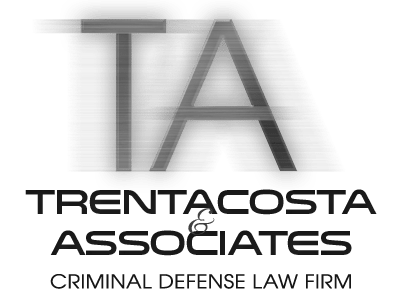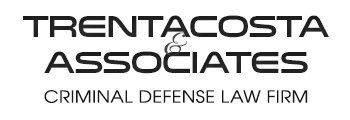Tax fraud is any deliberate effort to avoid the payment of taxes. Tax fraud usually involves the intentional concealing and misrepresenting the true state of one’s affairs in order to reduce tax liability. Dishonest tax reporting, such as under-reporting of income, overstating deductions, under-declaring profits or gains, forging tax documents, etc, are also considered acts of tax fraud.
Tax fraud is a white collar financial crime which can be committed by individuals, firms, trusts, and other entities. Individuals and groups that are convicted of tax fraud are subject to strict penalties. Cases involving tax fraud are handled differently than other federal crime cases. The Internal Revenue Service, or IRS, is the federal government agency that is responsible for the investigation of tax fraud and all tax related matters.
The IRS has a special Criminal Investigation Division (CID) that is responsible for developing and maintaining a national program to combat tax fraud. The CID is composed of federal investigators who are trained in law enforcement and have a strong background in finances and accounting. The primary focus of the Criminal Investigation Division is to identify and investigate tax fraud promoters and those who play an integral role in facilitating or furthering large and small scale tax fraud schemes.
When the CID has reason to believe that tax fraud is taking place, CID agents will investigate that case to determine if there is enough evidence to recommend prosecution. Once prosecution is recommended by CID agents, the case will go through several reviews before official charges are brought.
The tax fraud case will be forwarded from the CID to the US Department of Justice Tax Division where federal prosecutors will determine whether or not to authorize official charges in against a tax fraud suspect(s). If tax fraud prosecution is approved at this level, then the case is sent to the United States Attorney’s office in a local jurisdiction where they are to indict and prosecute the person or persons named in the tax fraud investigation.
The fact that a tax fraud case goes though so many reviews before formal charges are brought can work to a defendant’s advantage. In each step of the process, the tax fraud suspect’s attorney can meet with the federal government officials to persuade them against prosecution in a tax fraud case.
If the government has ample evidence that tax fraud has taken place, they will most often prosecute. However, if the actions in question can be explained as a misunderstanding and the government is convinced that no criminal tax fraud took place, a defendant may be able to avoid federal tax fraud prosecution.
Most often it is in the suspect’s best interest to handle tax fraud allegations through discussions with government prosecutors rather than to a jury at a federal criminal tax fraud trial.
If you are involved in a tax fraud case, it is crucial to secure the professional legal services of an attorney with experience in federal criminal tax fraud cases.
If you wish to learn more about tax fraud, please contact us to speak with a qualified and experienced attorney who can help.

